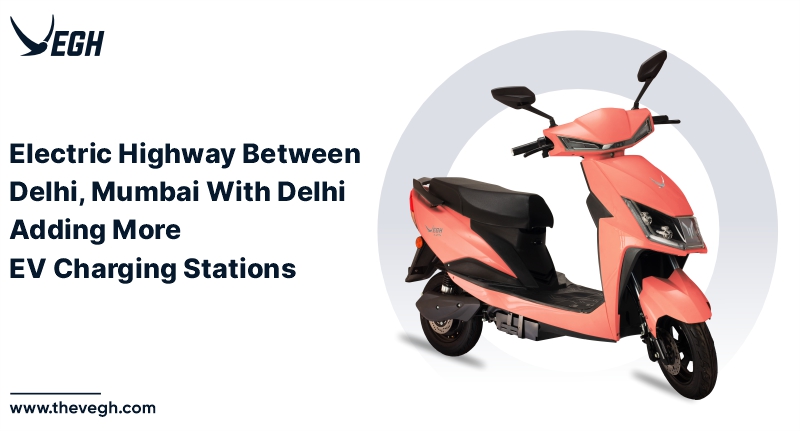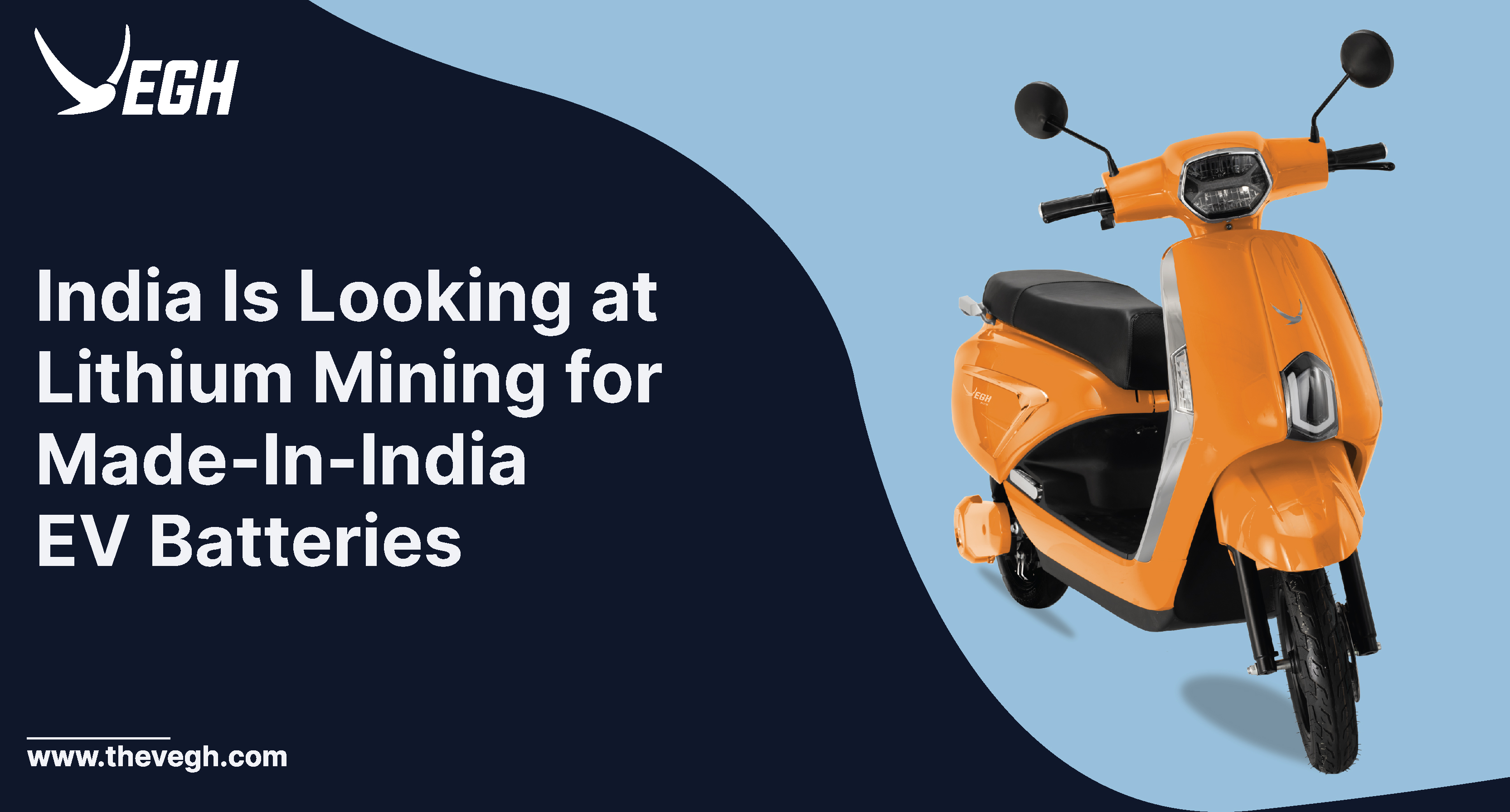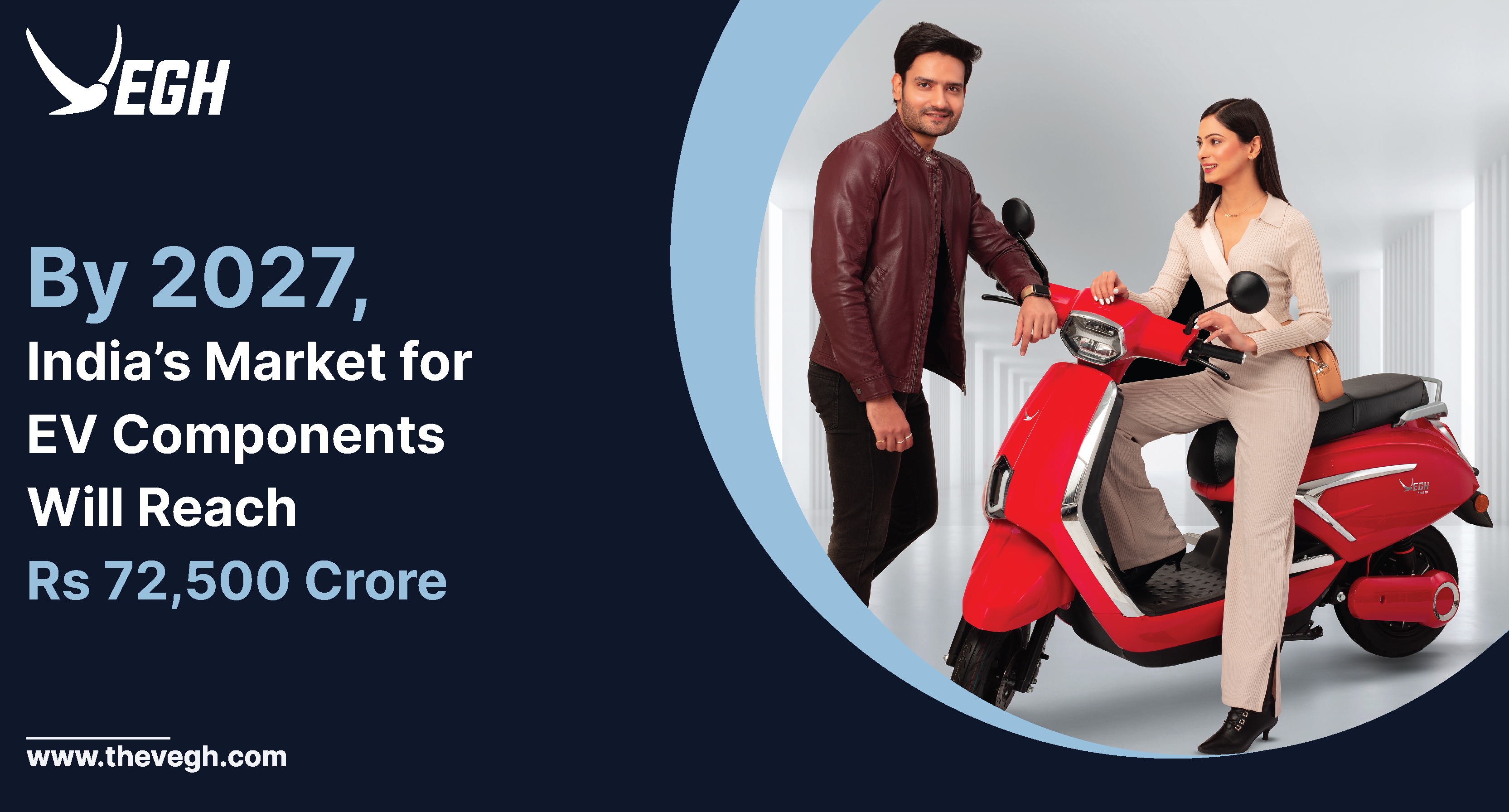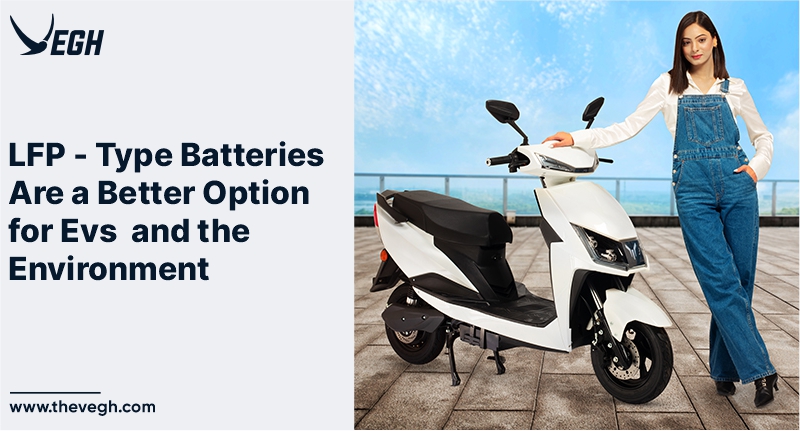
“The government intends to build an electric highway between Delhi and Mumbai, according to Nitin Gadkari, the Union Minister for Road Transport and Highways. And at the same time, Delhi government has decided to install at least one charging station for every 15 vehicles over the next three years”
The government intends to build an electric highway between Delhi and Mumbai, according to Nitin Gadkari, the Union Minister for Road Transport and Highways. To reduce pollution, he also urged owners of heavy vehicles to employ alternative fuels including ethanol, methanol, and green hydrogen. The Road Transport and Highways Minister reportedly claimed that the government is building tunnels worth Rs. 2.5 lakh crore. In addition, he said “We intend to build an electric motorway connecting Delhi and Mumbai. You can operate trolley trucks in the same way as trolleybuses.”
“An electric bus that is powered by overhead wires is referred to as a trolleybus. In general, an electric highway is a route that provides electricity to moving cars, including through overhead power lines.”
Nitin Gadkari added that the ministry has decided to build four-lane roads to link all of the districts. I urge owners of large vehicles to use alternatives like ethanol, methanol, and green hydrogen because these are affordable import alternatives, the man continued. Nitin Gadkari said that the corruption in the Regional Transport Offices is causing problems for owners of heavy vehicles. “So, we have to digitise all services supplied by RTOs,” he continued the conversation. He added that he wants to reduce the number of fatalities and accidents on the roads. “We require qualified drivers. India needs all sorts of transportation because its economy is expanding quickly.”
In addition, the Minister noted that India’s logistics costs are high when compared to those in the US, China, and the European Union.
The Delhi government has decided to install at least one charging station for every 15 vehicles over the next three years in order to provide a reliable charging infrastructure for electric vehicles in Delhi. For the more than 1.6 lakh EVs that are now registered in the city, Delhi has more than 2,000 public charging stations. Senior Delhi government officials predicted that the number of charges will likely reach 4,000 by the end of the year and that the aggregate amount of EVs—including two- and three-wheelers, vehicles, and buses—will surpass 1.8 lakh.
“The three-kilometer charger goal we set when we first introduced the EV policy has been met. Now that our action plan for the next three years has been released, our goal is to have a charger for every 15 registered electric vehicles in Delhi “said Jasmine Shah, deputy chairman of the Delhi Dialogue and Development Commission (DDC).
On August 22, DDC will host the fourth Delhi EV Forum in partnership with RMI India where it will present a report on its accomplishments in the EV sector, reveal the action plan for the next three years, and honour stakeholders with Switch Delhi EV Awards for their contributions to developing the EV ecosystem in the national capital.
Even though 90% of EV owners charge their vehicles at home or work, Shah argued that a robust charging infrastructure should be made available in public areas to promote EV buyers. He added that the “One Delhi” smartphone application would display both free chargers and the data and locations of those installed by government organisations and in public-private partnerships.
The ability for vehicle owners to make online reservations and payments will also be added, according to Shah. The Delhi administration has also asked for suggestions on how to honour the stakeholders who have helped the city’s EV eco-system grow.









